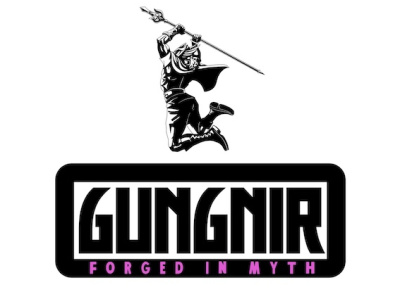According to reports from multiple sources, Marvel President of Publishing Bill Jemas will soon be replaced by former Marvel marketer Dan Buckley. Rich Johnston, who writes the 'Lying in the Gutters' column for the Comic Book Resources Website, has been predicting the end of Jemas's reign at Marvel for several months, as Jemas has gradually faded from the prominent position he had created for himself as Marvel's flamboyant President/Spokesperson. If the reports are correct, we have reached the end of a wild ride, which started with Marvel bankrupt and on the verge of dissolution, and ends with the company in the strongest position it has enjoyed for nearly a decade (see 'Marvel Raises Q3 Estimates').
Sturm und Drang
There is no doubt that Jemas played a major role in Marvel's amazing ascent from the depths of bankruptcy. He brought in Joe Quesada as Editor-in-Chief, upgraded the company's talent base, and revamped Marvel's editorial policies with the launch of the popular, more accessible, Ultimates line. Jemas also attempted to bring 'collecting' back into comics with a strict print-to-order policy and a refusal to reprint sold out issues -- actions which restricted supply and reflected his background in the sports collectibles industry. These policies infuriated a large portion of the retail community, which Jemas further inflamed with incendiary comments about 'I.Q. Tests' and 'dirty, messy stores.' But interest in Marvels surged, due to the improved editorial content, the buzz that sold-out books created, and the PR work done by the company.
When Jemas took over, Marvel was in a constant cash crunch and there was little or no money for marketing. Jemas displayed a near genius for guerilla marketing, pushing just the right buttons to get loads of free coverage for 'events' such as revival of The Rawhide Kid as a gay cowboy, or the mini-series about the first Captain America, who just happened to be black, or the 'reality-based' post--9/11 comics about firemen, policemen, and emergency workers. Jemas also raised his own profile when he began holding monthly news conferences for the comic book press, and even participated himself in one of his editorial stunts, going head-to-head with writer Peter David in a smackdown to determine if David's Captain Marvel should be canceled.
Jemas often acted very decisively (or rashly, depending on your point of view). He unilaterally took Marvel out of the Comics Code Authority and created Marvel's own rating system for comics. During his tenure Marvel launched its Max line of comics for mature readers. It also launched the idealistic 411, a pacifist comic book which debuted as the nation was engaged in a bloody conflict, which stands as either a colossal act of courage or folly depending on your viewpoint. While Jemas scored a major hit with Origin, his subsequent forays into editorial (such as the reality-based comics) were often less successful, and his often arbitrary rules (no flashbacks) and editorial interference reportedly led to the defection of some of the talent he and Quesada had wooed into working for Marvel.
Jemas was quick to see the potential impact of manga on the marketplace, but only semi-successful in harnessing its power for Marvel. But he and Quesada did revive Marvel's dormant trade paperback program (as soon as their cash flow permitted), and Marvel's impact on the bookstore market has grown considerably on their watch. Jemas also got Marvel comics into Wal-Mart and various other mass-market outlets (like shoe store chains) in an effort to broaden the audience for comic books. In addition Jemas presided over the rise of Marvel to its present position as a licensing giant, though much of the credit for the amazing growth of Marvel licensing revenues should probably go to Avi Arad, who got the Marvel-based movies, which are the foundation for Marvel's licensing growth, made in the first place.
When contacted by ICv2, Marvel had no comment about the possible replacement of Jemas as Marvel's President of Publishing. We may never know what exactly was the cause of Jemas' undoing. Certainly if he got in a power struggle with Avi Arad as some suggest, he would be extremely unlikely to come out the victor. His continued interference in editorial and his rocky relations with a substantial segment of the retail community may have played a role in his ouster, but perhaps, now that Marvel is a licensing powerhouse, it needs a different kind of leadership--more subdued, more risk averse, more interested in preserving and protecting a stable of characters who can make millions in theaters, video games, and on DVD.







